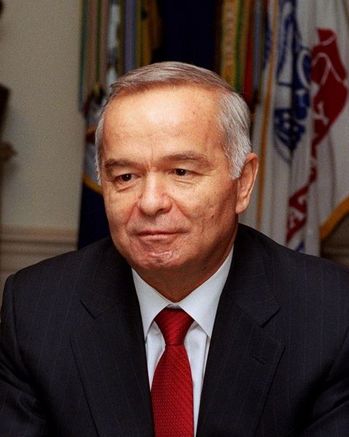TASHKENT, Uzbekistan -- It is too early to measure the social effects of tighter restrictions on alcohol sales introduced early this month by Uzbekistan President Islam Karimov's government. However, beyond their purported social function, the laws appear politically motivated, aimed at depriving the country's opposition from gaining funding from major alcohol producers in what, until very recently, was a largely unregulated local industry. Among other things, the new regulations ban the sale of alcohol near schools, and in health care and sports facilities, railway stations, bus stops and airports. Political analysts contend that while one motivation of Uzbek authorities may be decreasing social tension among the country's overwhelmingly Muslim population of 28 million, Karimov also has upcoming elections in mind. "The promulgation of the anti-alcohol decree is connected with a presidential election scheduled for December," Azhdar Kurtov, an analyst at the Russian Institute for Strategic Studies, recently told the Russian Novye Izvestiya newspaper.
Uzbekistan Booze Crackdown May Be Aimed at Karimov’s Political Rivals

